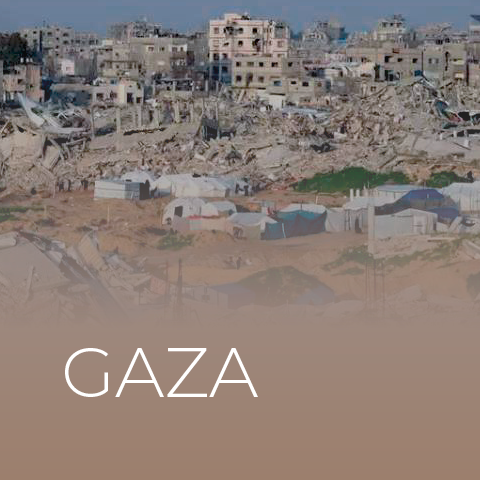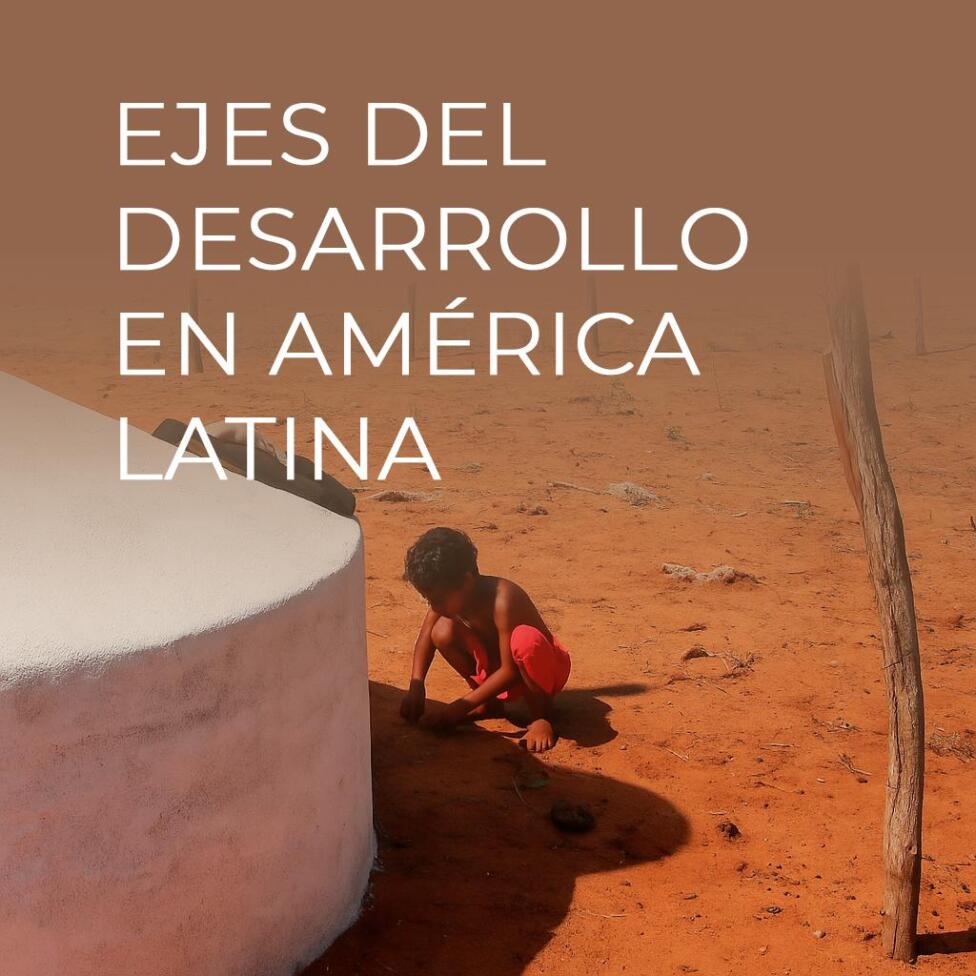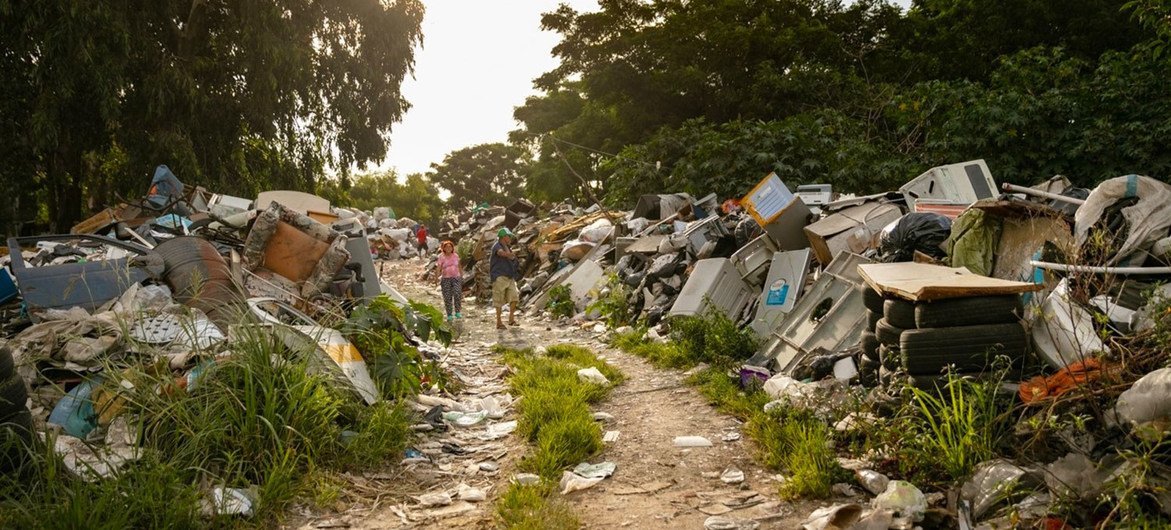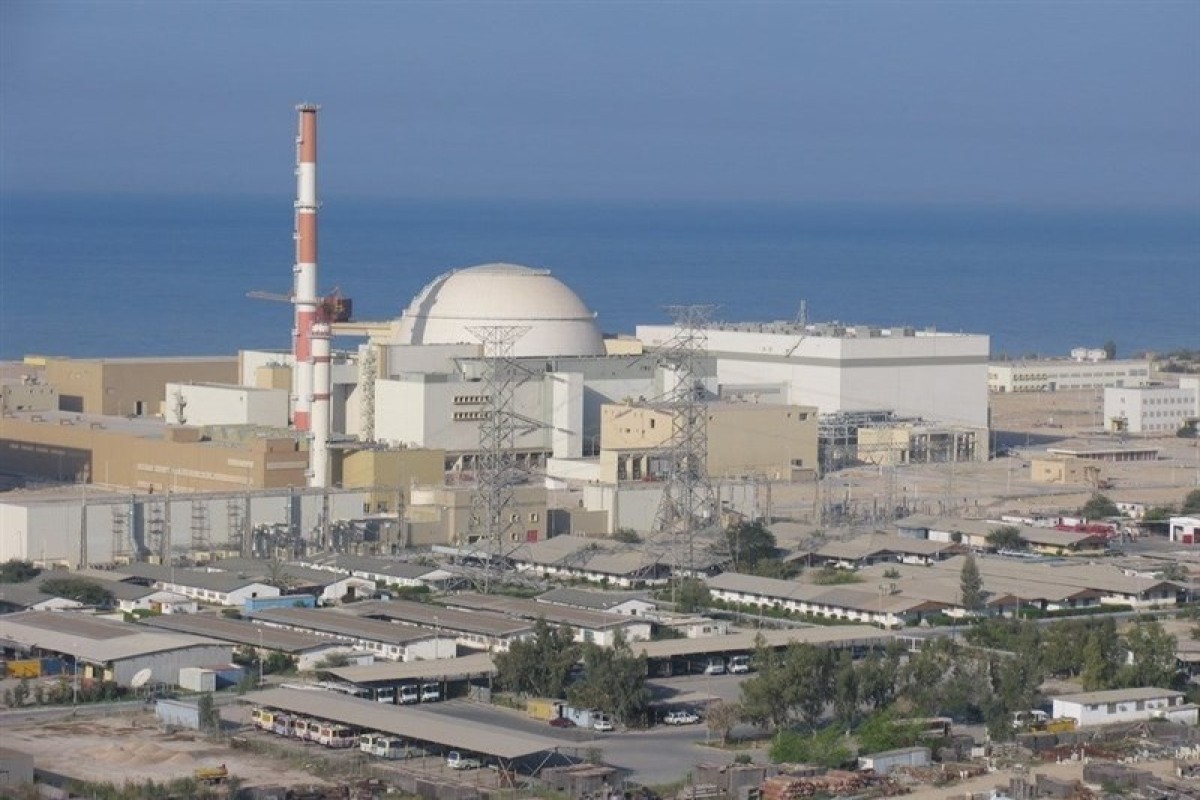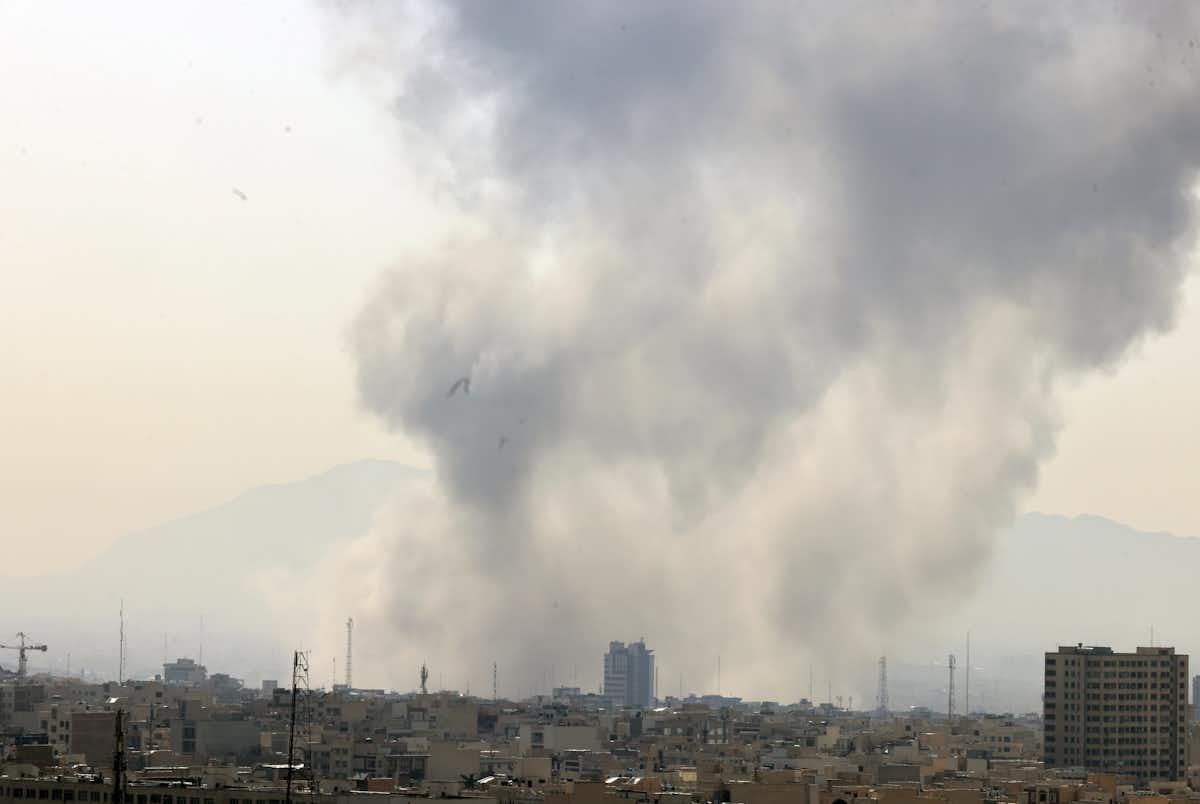El primer ministro italiano, Silvio Berlusconi, sufrio su primera derrota electoral seis meses despues de haber constituido un gobierno de derecha, tras conocerse los resultados de unos comicios municipales parciales realizados el domingo.
Fuerza Italia, el movimiento politico creado por Berlusconi en enero, que durante las pasadas elecciones europeas de junio logro el 30,6 por ciento, obtuvo ahora entre 10 y 15 por ciento en las administrativas celebradas en 242 ciudades, en que voto el 79,4 por ciento de 2,6 millones de empadronados.
Se trato de una prueba reducida porque el cuerpo electoral italiano esta formado por 48 millones de personas y no fueron elecciones politicas, como llaman en Italia a las parlamentarias.
El gobierno, integrado por Fuerza Italia, la Liga Norte (6,6 por ciento en los comicios europeos de junio) y la neofascista Alianza Nacional (12,5), asumio en mayo tras adjudicarse la primera mayoria en las parlamentarias de marzo con el 46,2 por ciento.
Fuerza Italia perdio ahora votos en favor de su principal aliada, Alianza Nacional (AN), y la mas importante fuerza de oposicion, el Partido Denocratico de Izquierda (PDS), ex comunista.
La Liga Norte, la tercera fuerza de gobierno pero que mantiene una permanente actitud critica hacia Berlusconi y los neofascistas, mantuvo su caudal de votos, mientras tambien aumentaron los ex democristianos del Partido Popular (PPI), en la oposicion.
El PDS se presento unido en algunas ciudades con el PPI, una alianza electoral que la prensa bautizo como un nuevo "compromiso historico", aludiendo al acuerdo de ex comunistas y ex democristianos que nunca se materializo en los anos '70 cuando the confirmation of the government, which also reserves the right to revoke publication licences if the newspaper or magazine is "irresponsible".
Many have resigned themselves to accepting that serious, critical and investigative journalism on sensitive matters — including the uncertainties that Suharto's succession bring — can be taken up only the foreign press.
"It is very difficult, you know," says one senior editor. "You may thing that things have changed, but one you make a mistake — what happened to Tempo and the others is stark proof of how the weather can change suddenly."
Media analysts here say the government tends to keep an even tighter watch on Bahasa papers, which have greater reach than the English language publications.
They also note that big business with close ties to the government as well as officials themselves are applying for publishing licences, if not already churning out their own papers.
The new magazine Gatra, for instance, is said to be aimed at replacing Tempo and included some of the old magazine's staffers. But Gatra is partly owned by timber baron Mohamad Hasan, who is known for his ties to Jakarta officials.
Media insiders say Manpower Minister Abdul Latief is about to be granted a licence for a new publication, this time to take the place of Editor, which was shut down in June. And there is talk that Information Minister Harmoko may put up another publication.
Media veterans say press freedom in Indonesia will take "a long, long time" to emerge. But they are optimistic that young reporters who had protested the June closures and now formed an independent media group called Alliance of Independent Journalists may help hasten the pace. (END/IPS/JS/CB/94)
= 11220531 MAN108


